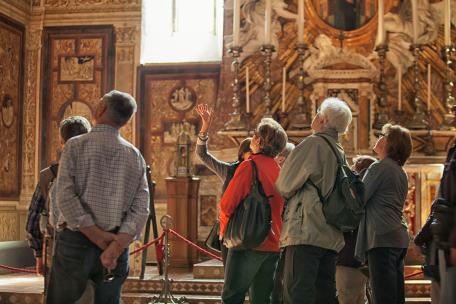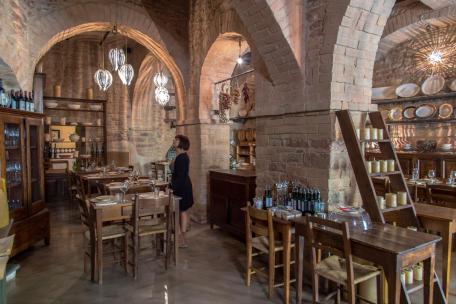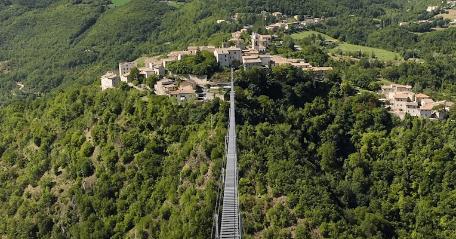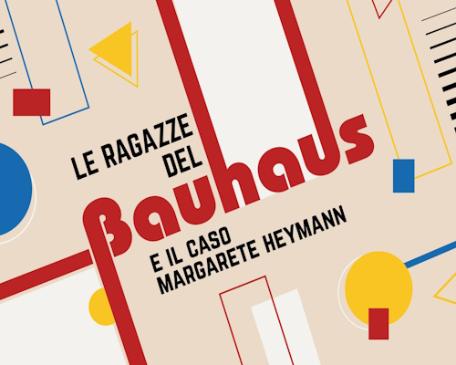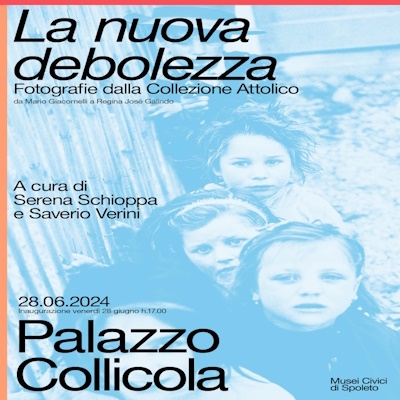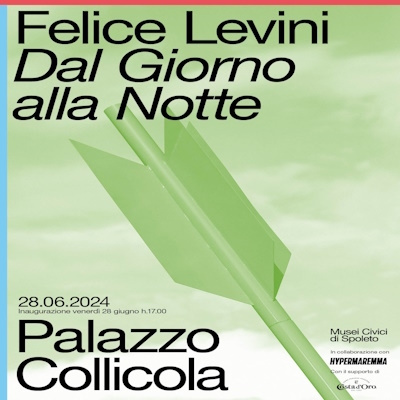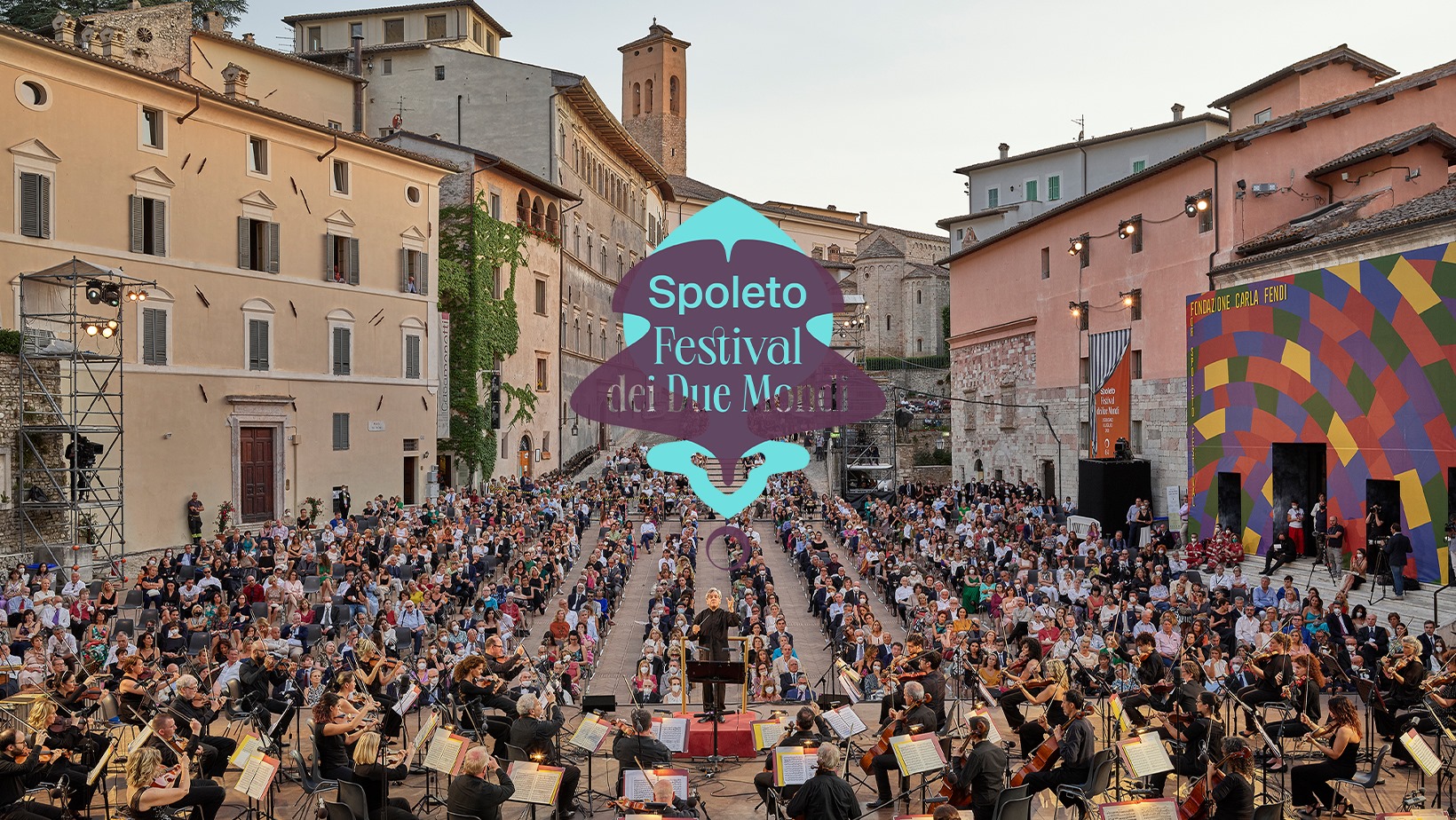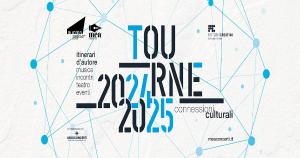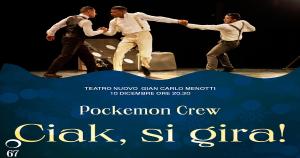Festival dei Due Mondi
From 24 June to 10 July, the event with the best international performance experiences returns to Spoleto, appearing in the theatres, open-air spaces and unconventional venues that the town offers in a unique concentration in Italy. Now in its 65th edition, women who have given new impulses to artistic expression will be at the center of the Festival program.
For her second year as artistic director, Monique Veaute is following her multidisciplinary and international vocation and weaving a web of transversal relations between the individual arts that are grouped around three program lines: the music of the two Worlds, women’s voices and new ways of telling music.
The musical program looks at the relationship between the two shores of the ocean, a link that Gian Carlo Menotti always promoted, and pursues this with an artistic proposal that embraces multiple languages thanks also to the presence of the two orchestras in residence: the Budapest Festival Orchestra, accompanied by principal conductor Iván Fischer (24-26 June, Piazza Duomo and Teatro Caio Melisso Spazio Carla Fendi), and the Orchestra of the Accademia Nazionale di Santa Cecilia with Antonio Pappano (2 and 10 July, Piazza Duomo and Teatro Caio Melisso Spazio Carla Fendi).
The soprano and conductor Barbara Hannigan is at the center of the musical program, appearing in Spoleto in three concerts: in Piazza Duomo (2 July) she is the protagonist, in her double role, of Francis Poulenc’s Voix Humaine, which she conducts together with Strauss’s Metamorphosen with the Santa Cecilia ensemble. At the Teatro Romano (3 July), the soprano, who has given voice to more than one hundred new premières of contemporary repertoire, many of them written especially for her, pushes the limits of her mastery even further with the Jumalattaret cycle by the prolific composer John Zorn, accompanied by pianist Stephen Gosling. Finally, in the final symphonic concert (10 July, Piazza Duomo) conducted by Sir Antonio Pappano, she performs Knoxville: Summer of 1915, a piece for voice and orchestra by Samuel Barber, an American composer linked by a deep friendship with Menotti.
In the opening concert, Iván Fischer conducts a two-part program in which he juxtaposes the music of Bach with that of Philip Glass, the leader of the minimalist composers with a style more in keeping with American symphonism. Fischer conducts Glass’s great oratorio The Passion of Ramakrishna (in its first performance in Italy). Pappano closes the Festival with Aaron Copland’s Symphony No. 3.
Full programs, casts and all other musical appointments will be announced shortly at a dedicated press conference.
Barbara Hannigan’s presence at the Festival is fully in line with the path that the sixty-fifth edition is developing with the female figures who have given a new direction to the performing arts, working on the borderline between dance, music and theatre, in order to find artistic solutions that are always innovative. The inexhaustible possibilities of Barbara Hannigan’s kaleidoscopic voice are echoed by the passion and vibrant voice that has enabled Portuguese singer Mariza (30 June, Piazza Duomo) to take fado from a local phenomenon to the general public. The “Queen of Fado”(as Amália Rodrigues crowned her) celebrates her twenty-year career with a special concert in Spoleto, celebrating the pride and melancholy of a musical genre that is part of humanity’s intangible heritage.
Another great star of this edition is the four-time Grammy Award winner Angélique Kidjo, who presents her new album Mother Nature in Spoleto, returns to the rhythms of her native Africa, celebrating it not only as a geographical place, but also and above all as the cradle of mankind (8 July, Piazza Duomo).
Choreographer Germaine Acogny reinterprets The Rite of Spring, a pivotal work in the aesthetics of Pina Bausch (24-27 June, Roman Theatre), conceived in 1975 for the Tanztheater Wuppertal and considered revolutionary for its harsh invective on the condition of women in society. The founder of the École des Sables, Leone d’oro at the Venice Biennale in 2021, and known as the “mother of contemporary African dance”, brings thirty-eight African dancers to the stage, selected in an unprecedented audition process, from fourteen countries across the continent.
Gymnast, dancer, choreographer and director, Spain’s Blanca Li embodies the meeting of different artistic experiences and the ability to direct change like few others. She proves this with her latest creation in which the real and virtual universes coexist: her Le Bal de Paris (24 June-10 July, Sala XVII Settembre, Teatro Nuovo Gian Carlo Menotti) is the immersive show in augmented reality whose preview at the 78th Venice International Film Festival won the Golden Lion in the “Venice VR Expanded” section. An experience of thirty-five dizzying minutes that leads the spectator to physically and virtually live the story conceived by the choreographer herself.
Five years after her death, the Festival dei Due Mondi pays tribute to the New York choreographer Trisha Brown, icon of post-modern dance. The leader of a generation of artists joining the intellectual with physical evidence of the body, she contributed to the upheavals that changed the course of the 20th century. Trisha Brown’s creativity dabbled in experimentation and the avant-garde and, from the very beginning, ‘alternative venues’ to the stage. In Spoleto, the Trisha Brown Dance Company brings back Astral Converted and Working Title (1-2 July, Roman Theatre) together with the dazzling Early Works (3 July, Palazzo Collicola).
Artists are increasingly engaging with the musical-theatre experience in a way that could hardly be called melodrama, yet their approach seems to affirm that opera is to be sought everywhere. Mystery Sonatas / for Rosa (7-9 July, Roman Theatre) is the new show by Anne Teresa De Keersmaeker co-produced by the Spoleto Festival with Rosas, De Munt/La Monnaie (Brussels), Concertgebouw (Bruges) and Dance Reflections by Van Cleef&Arpels. The revolutionary choreographer delves into the mystical and geometric richness of the Rosary Sonatas by the composer Heinrich Ignaz Franz von Biber - performed by the baroque ensemble Gli Incogniti under the musical direction of Amandine Beyer - as she had already done with Johann Sebastian Bach’s Goldberg Variations or at the beginning of her career with Fase, Four Movements to the Music of Steve Reich.
Based on the baroque opera Dido and Aeneas by Henry Purcell, the show Le Crocodile trompeur (24-26 June, San Simone) by directors Jeanne Candel and Samuel Achache interweaves Shakespearean theatre and musical drama; the actors, who are also excellent singers and musicians of jazz culture, continually switch from one genre to the other. The stage space, loosely inspired by Brueghel’s painting The Sense of Hearing, is both symbolic and real, while Purcell’s music is deliberately deconstructed, performed under the musical direction of Florent Hubert, who in the prologue-overture unveils the play’s subterranean themes in the guise of a Ménandrean character.
Jeanne Candel, with Caroline Darchen and Lionel Dra and the company La vie brève bring the same musical focus the show Demi-Véronique (30 June-3 July, Auditorium della Stella), a musical epic starting with Gustav Mahler’s Symphony No. 5, attracted by the boundless humanity and at the same time the bitter irony that pervades it. Mahler uses elements belonging to the collective memory as echoes that evoke the depths of the soul. Everything can quickly transform, as happens to the bullfighters with the figure of the half-veronica that gives the performance its title. Thus, from one destruction, another world in gestation is recomposed.
Spoleto’s Festival dei Due Mondi presents History of Violence by the German director Thomas Ostermeier (8-10 July, Teatro Nuovo Gian Carlo Menotti), an adaptation made with the author of the autobiographical story by Édouard Louis. An attempt to understand the social and political forces that shape and transform the biographies of those who have no space in society, by one of the greatest theatrical protagonists of the new century, who has always refused the cultural ratification of theatre with the awareness that theatre is essential.
A look at the new generation of Italian playwrights brings Leonardo Lidi back to the Spoleto Festival after the success of his Signorina Giulia. The director stages Anton Chekov’s The Seagull (7-9 July, Teatro Caio Melisso Spazio Carla Fendi) and confronts a great classic with the present-day sensitivity that has always distinguished his work.
Playwright, actor, director and novelist, Davide Enia won the Premio Maschere del Teatro 2019 as Best Monologue Performer for L’Abisso, a play that has counted hundreds of performances. Enia brings Italy-Brazil 3 to 2 Il ritorno to Spoleto (1-3 July, Teatro Caio Melisso Spazio Carla Fendi) and celebrates twenty years of his career with the monologue of his theatrical debut in 2002.
For information:
Per informazioni:
festivaldispoleto.com










